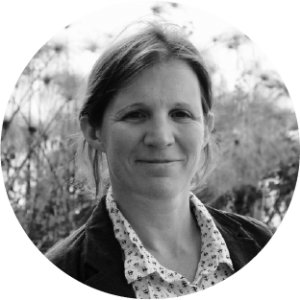Wasafiri’s Systemcraft Institute launches new short course

Latest posts
Share:
LIVE – our new Systemcraft Essentials online course
Systems thinking and complexity seem to be everywhere – but are you left wondering “so what do I actually do next?” If so, then check our new online on-demand Systemcraft Essentials Course.
Systemcraft is a practical framework for creating change in a world that is volatile, uncertain, complex and ambiguous. It has been reverse-engineered from Wasafiri’s experience working on some of the world’s toughest problems. It has been used by leaders in organisations such as the National Health Service, the British Army, Legal & General, FCDO, Mars, Save the Children and many others.
Systemcraft Essentials brings together all the core ideas and key tools that leaders need to start applying Systemcraft to their own context.
Why join now?
- Get 1/3 off course fees with our early bird offer (pay before xmas, take the course any time)
- 4 self-paced modules
- Practical tools
- 5 hours to complete
- A free one-on-one call with a Systemcraft expert
- 1 month’s free access to our online community of practitioners
Sign up now for the course and join our wonderful community of practitioners. (Our early bird offer ends on 25 December!)
Find out more about Systemcraft and the work we do.
"Wasafiri helped us identify new and practical ways we could make progress on some really difficult, longstanding issues. Systemcraft was key in helping us think in new ways about very familiar things."
Stephen Clayman, Commander, Metropolitan Police Service
Photo by Johannes Plenio on Unsplash





 With a wealth of experience in international trade and sustainable development across Africa, Brenda Mareri brings a deep passion for food systems transformation, a rich network, and skills in helping countries build health and nutrition businesses.
With a wealth of experience in international trade and sustainable development across Africa, Brenda Mareri brings a deep passion for food systems transformation, a rich network, and skills in helping countries build health and nutrition businesses.


